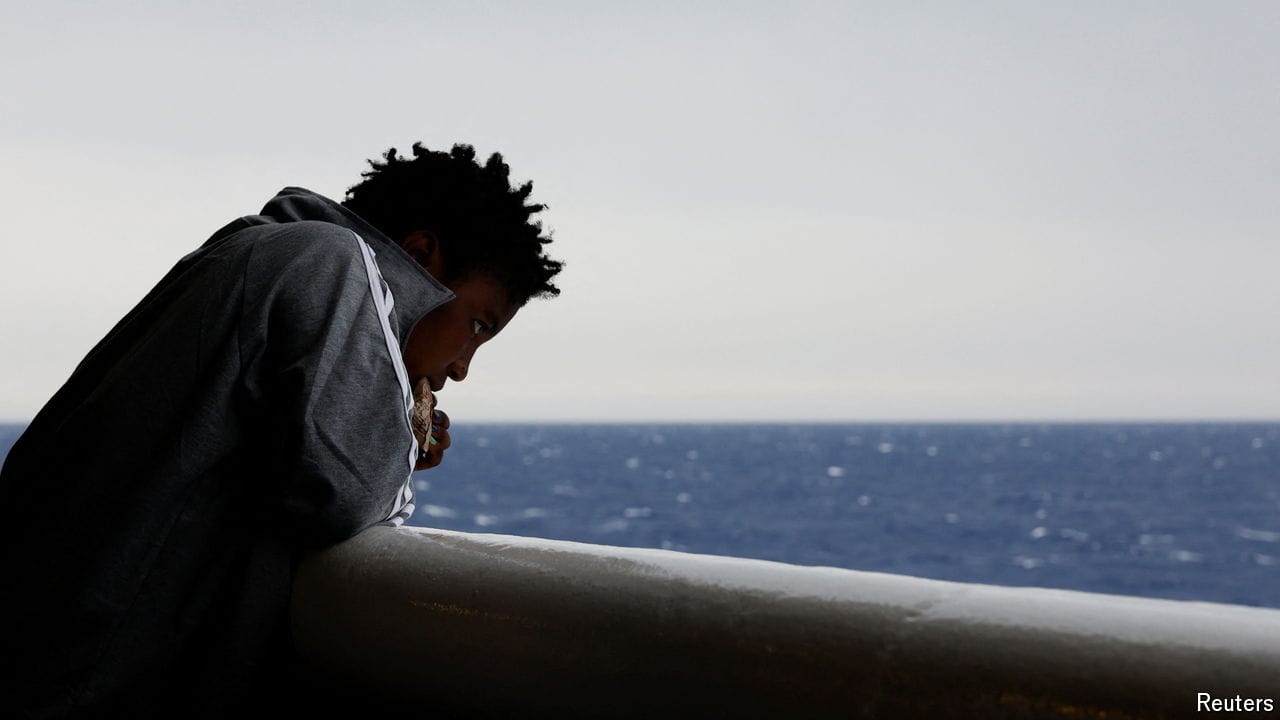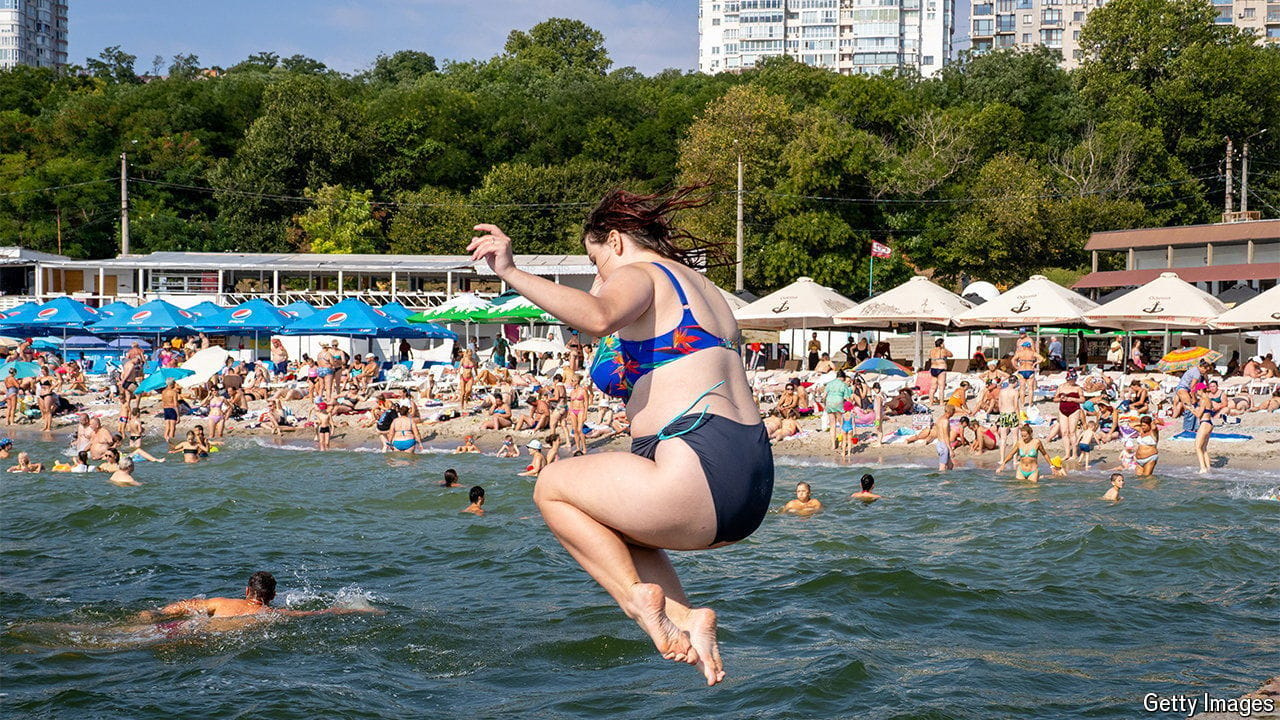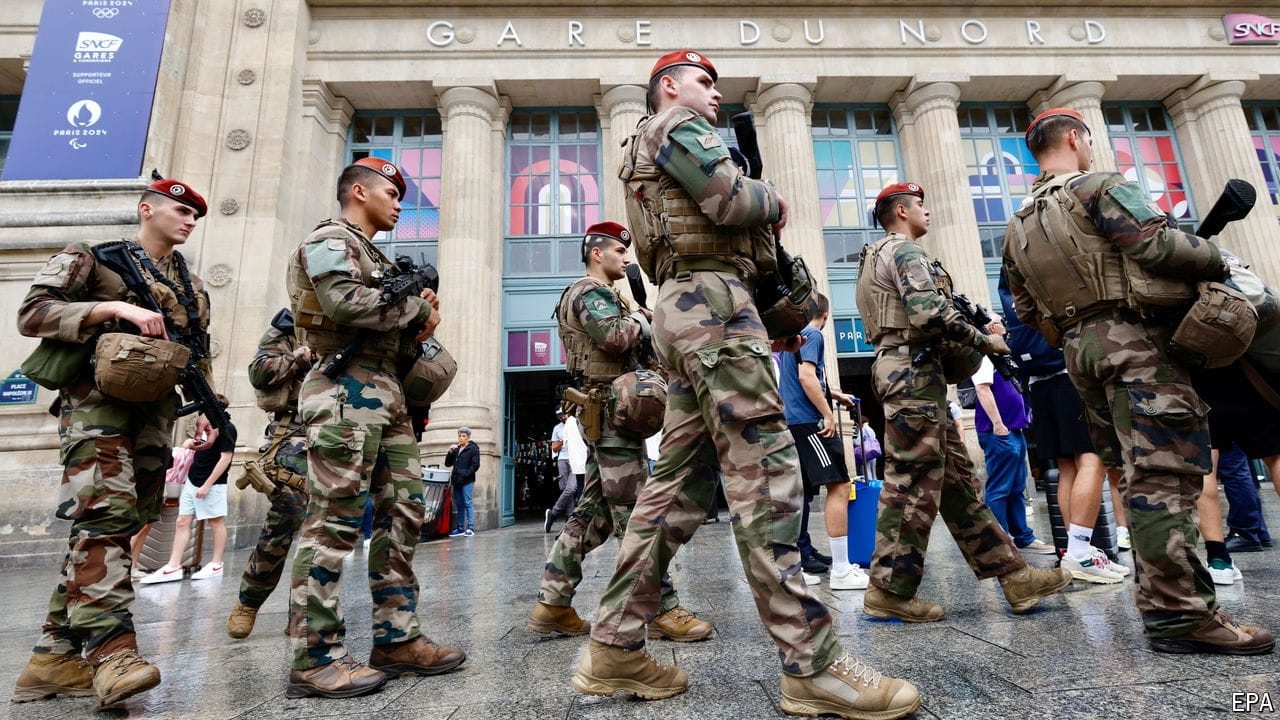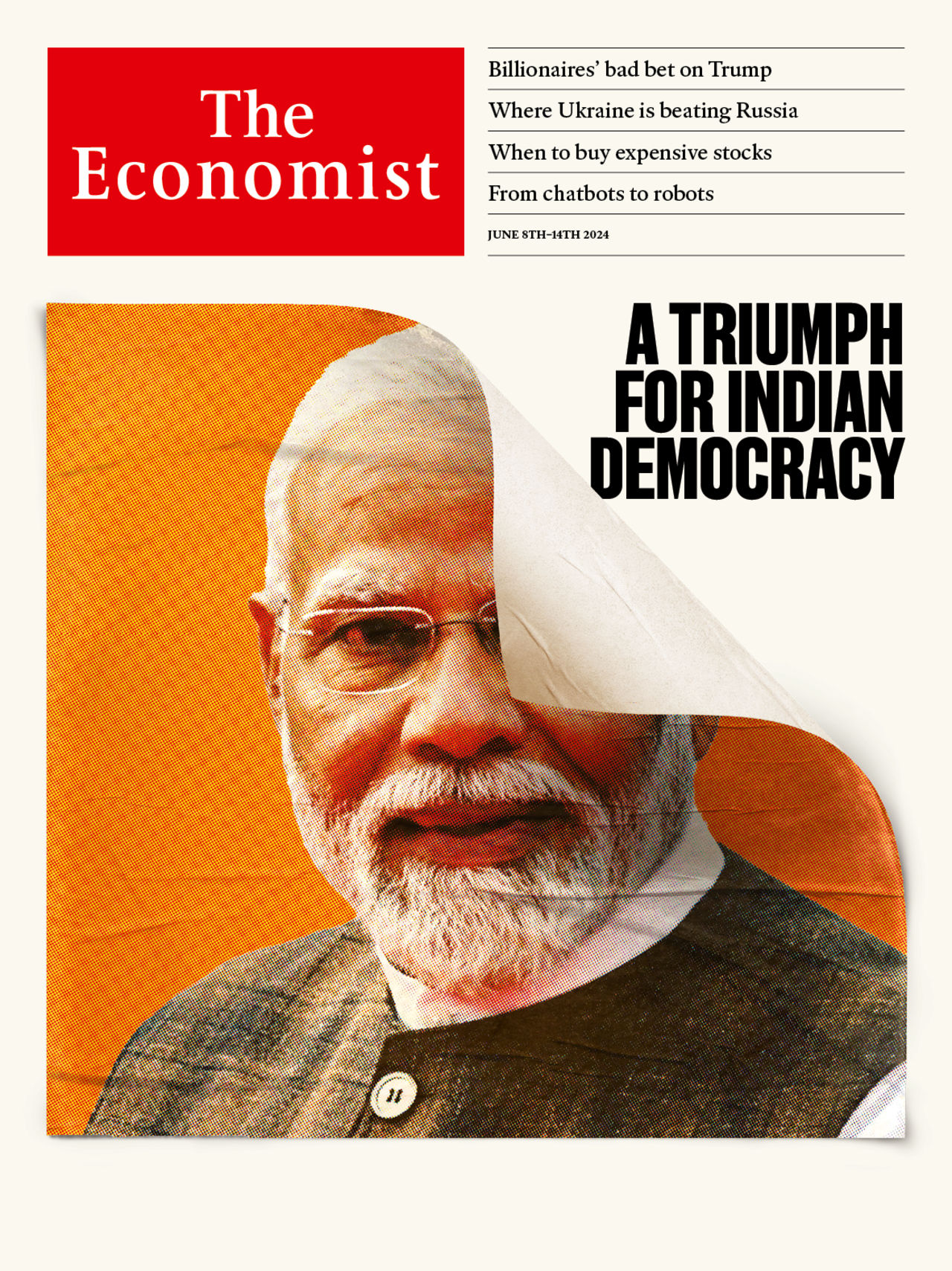The Dutch are getting a half-populist, half-pragmatist government
A technocrat will be prime minister but the far-right Geert Wilders has the most MPs

The netherlands is a land of long negotiations (polderen in Dutch). The four right-wing parties that will form the next government have been at it since November, when an election delivered an anti-immigrant landslide, and have spent the past week ironing out who gets which ministry. Three parties are newcomers to government who campaigned on upending The Hague’s staid bureaucratic establishment. But many of their ministers will be establishment types, to judge by their choice of prime minister, announced on May 28th. Dick Schoof is the top civil servant in the justice ministry, an ex-head of the domestic spy agency and erstwhile member of the Labour Party. The fact that the Dutch migrant-bashing populists picked a centrist technocrat to run the country suggests one way Europe is navigating its shift to the hard right.
The talks took so long because the parties mistrust each other. The biggest of the four is the Party for Freedom (PVV), led by Geert Wilders, a nativist rabble-rouser. The PVV was long boycotted by other parties, and its manifesto includes unconstitutional measures such as banning the Koran. That posed a special problem for the third-biggest party, New Social Contract (NSC), a year-old outfit whose founder, Pieter Omtzigt, is a stickler for the rule of law. He spent months ensuring Mr Wilders would respect the constitution.
This article appeared in the Europe section of the print edition under the headline “Normalising the radicals”
Europe June 8th 2024
- In Crimea, Ukraine is beating Russia
- Russia’s explosion of a huge Ukrainian dam had surprising effects
- Germany is thinking about bringing back conscription
- The Dutch are getting a half-populist, half-pragmatist government
- Remembering the Normandy landings
- Peak Europe turns 25: why June 1999 marked the continent’s zenith
More from Europe

Will a new “pact” of ten laws help Europe ease its migrant woes?
It will require an extraordinary number of institutions to work together

Amid the bombs, Ukrainians rediscover the beach
Odessa gives itself permission to tan again

Who was behind the arson attacks on railways before the Olympics?
With thousands stranded, suspicion falls on Russia or Iran
Italian right-wingers have renamed Milan’s airport after Silvio Berlusconi
A finger in the eye of those who detested the late populist leader
European countries are banding together on missile defence
The Ukraine war shows how dangerously few interceptors they have
Peter Magyar is reinvigorating Hungary’s struggling opposition
Attacking Viktor Orban’s corruption wins votes for a political newcomer
